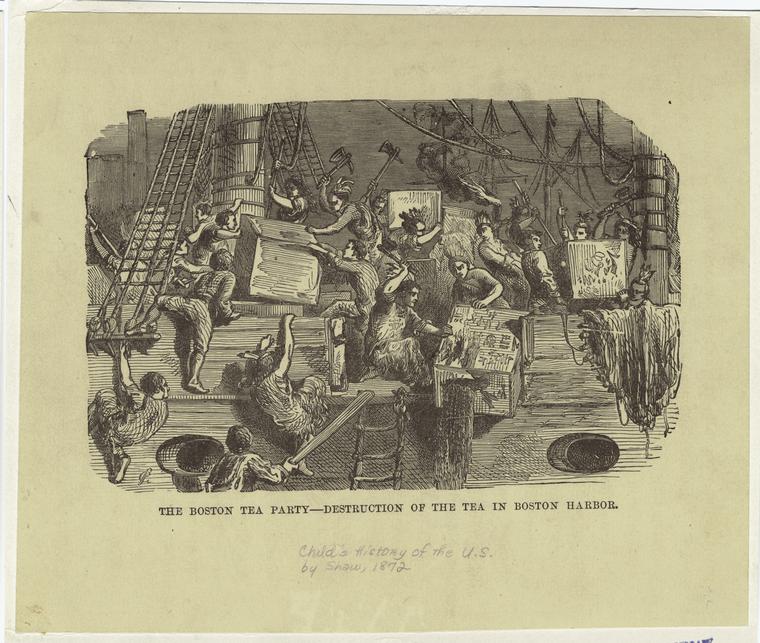AMERICAN WAR OF INDEPENDENCE
The Renaissance was a hotbed of European cultural, artistic, political, and economic rebirth through the Middle Ages. Commonly described as from the 14th to the 17th century, the Renaissance promoted the rediscovery of ancient philosophy, literature, and art.
The Renaissance gave birth to the 'Enlightenment in the eighteenth century. Encourage people who come in various parts of the world to protest the democratic system that existed at the time. The protests turned into a revolution in many places. Enlightenment, an intellectual and cultural organization.
NO TAXES EXCEPT FOR EMPLOYEE REPRESENTATIONS. This slogan is framed by JAMES OTTIS.Representation in government. This was a popular slogan in various parts of North America in the second half of the 18th century.
From the sixteenth century onwards Europeans began to migrate to North America. The main purpose of the move was to use the resources. By the eighteenth century, England had established thirteen colonies in eastern North America. The ideologies of John Locke and Joseph Paine also stimulated the people of the colonies to fight against the exploitative laws of the British.
Christopher Columbus, a sailor of the Spanish Government, arrived in North America in 1492. He called the natives 'Indians'. He thought his destination was India. Later, they were known as the ‘red Indians’. The former American colonies were founded by a group of people, who were exiled to America from the religious persecution of England in the seventeenth century on a ship called the 'Mayflower'. They were known as the 'Pilgrim Fathers'. With the increase in European migration, the red Indians were relocated indoors. Europeans confiscated their land and flocks of sheep.
BOSTON TEA PARTY
The British regarded American colonies as a collection center for raw materials in their industry and as a market for the sale of their products. This policy, adopted by British traders with the help of their country in the American colonies, is known as Mercantilism. As part of Mercantilism, many laws were applied to British colonies
The Mercantilist rules are Goods to and from the colonies should only be carried on British ships or ships built in British colonies. Colonial products such as sugar, wool, cotton, tobacco, etc. Should only be sent to England. Colonials must provide food and accommodation for British troops held in the colonies. British stamp must be affixed on all the legal documents, newspapers, pamphlets, licenses, etc. Import tax must be paid for the import of tea, glass, paper, etc.
Boston Tea Party; A high tax paid by the British government for tea sparked a strong protest in America. On December 16, 1773, a group of people disguised as Red Indians boarded ships at night in Boston Harbor and threw 342 boxes of tea into the sea. The protest is known as the Boston Tea Party.
The conference in Philadelphia in 1775 elected George Washington as commander of the Continental Army. This time, through a pamphlet entitled 'Common Sense', of
The War between England and the colonies in North America, which began with the Declaration of Independence, ended in 1781. According to the Cutting Agreement in Paris in 1783, England ratified the independence of the thirteen colonies. The Constitutional Convention, held in Philadelphia under the leadership of James Madison, constituted the United States Constitution. George Washington became the first president of the United States of America, formed according to a new constitution


